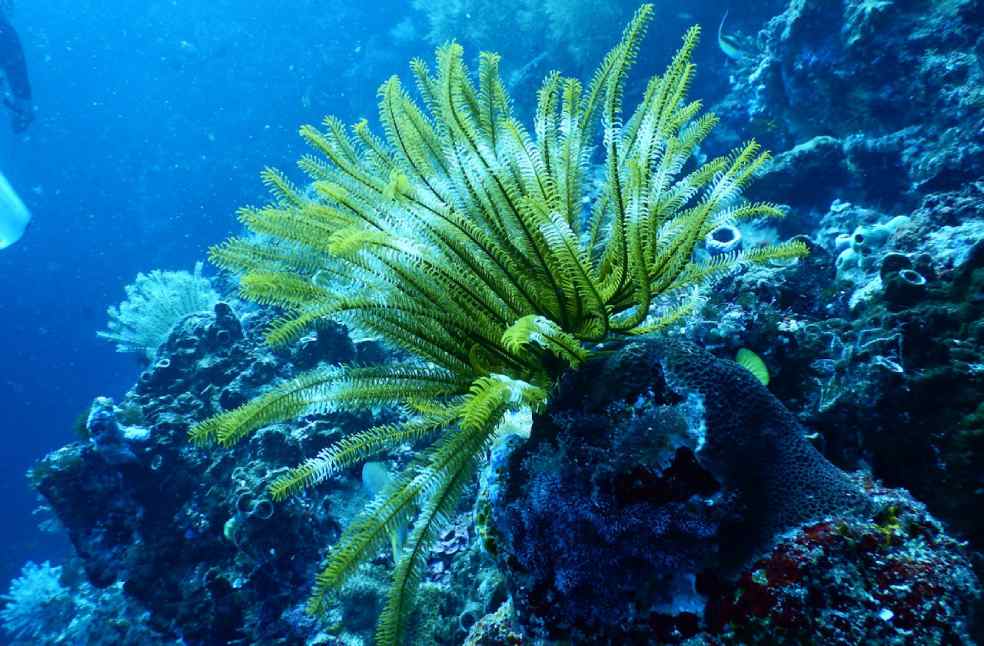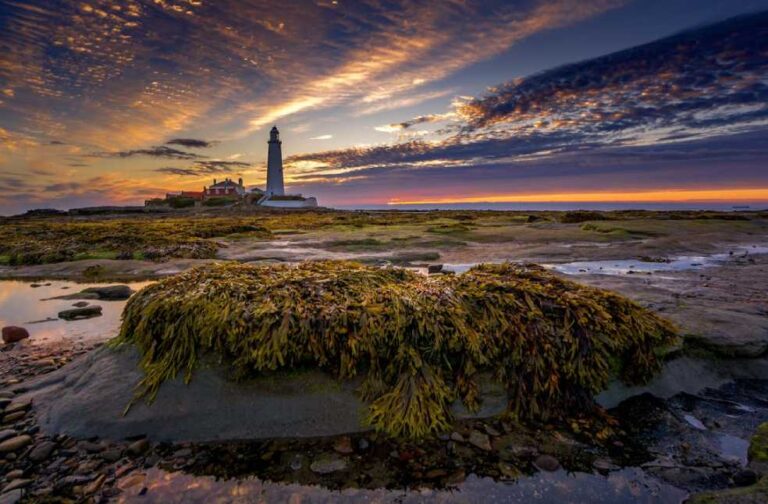Scientists have discovered the world’s oldest known seagrass in Finland, using a new method to determine the age of aquatic plants that put it at 1,403 years old.
By measuring the number of genetic mutations occurring over time in seagrass, which reproduces by cloning itself over and over again, the scientists were able to determine the age of the original ancestor plant with groundbreaking precision.
“This is the first really reliable clone age estimate,” study co-author Thorsten Reusch told AFP.

Tom Fisk/Pexels | Cropped by GBN
Researchers used the new method, dubbed a “genetic clock,” at 20 sites across the world and found that a lush underwater meadow of eelgrass, a species of seagrass, in the Finnish coastal waters of the Baltic Sea was 1,403 years old, the most ancient marine plant currently known.
“In a way, we now have a clock that can determine to which seed and eventually which seedling a plant dates back to,” Reusch said.
The ability to determine the age of plants unravels eye-opening information about how ecosystems function and about ageing processes in the natural world, he explained.
“It is interesting to understand how they avoid ageing symptoms over thousands of years. Ultimately it may even give us some clues on how to deal with ageing in humans. I am very positive that we will find clones that are 10,000 years or older,” he continued.
Reproducing through flowers, seeds and rhizomes in the sediment, eelgrass populations provide important marine environments for other organisms and store carbon dioxide in stems and roots.
“Eelgrass is the most valuable ecosystem in the Baltic Sea,” Reusch concluded.
Popular | Australia unveils world-first Peanut Allergy Programme for infants



